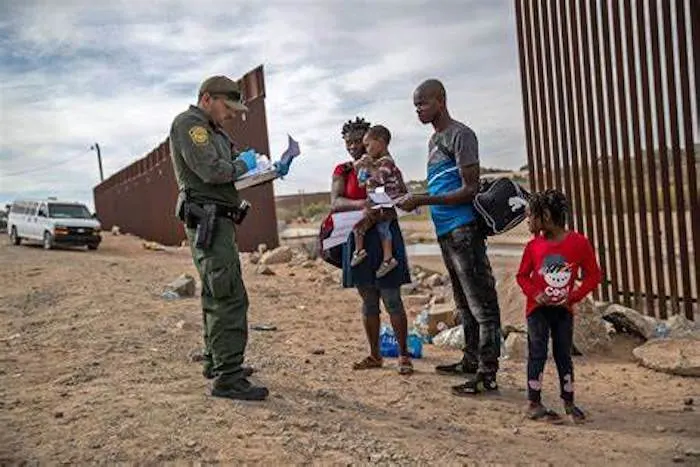Los Angeles, – Recent protests in Los Angeles against President Trump’s immigration raids have sparked urgent discussions about the rights of immigrants who wish to demonstrate. Whether you’re in the U.S. on a visa, hold a green card, are seeking asylum, or are undocumented, the Constitution safeguards your right to peaceful protest—but immigration status can complicate matters.
Here’s a breakdown of your rights and potential risks when participating in demonstrations.
Your Constitutional Protections
The First Amendment guarantees free speech and peaceful assembly for everyone on U.S. soil, regardless of citizenship status. However, immigrants—particularly those without legal status—should take extra precautions.
Key Guidelines for Protesting Safely
1. You Have the Right to Free Speech & Peaceful Protest
You may join marches, rallies, or demonstrations to express your views.
Organizing or attending protests is legally protected, but avoid any acts that could be interpreted as violent or disruptive.
2. Dealing with Immigration Officers
Right to Remain Silent: You are not required to answer questions about your birthplace, immigration history, or status. Clearly state, “I choose not to answer questions.”
Know Your Rights Card: Carrying one (available from immigrant advocacy groups) can help communicate your stance politely.
Do Not Lie or Provide False Documents—this could lead to legal trouble.
3. If Detained or Arrested
Request a Lawyer Immediately: You have the right to legal counsel. If you don’t have one, ask for a list of pro bono attorneys.
Do Not Sign Documents without consulting a lawyer first.
4. Carrying Immigration Papers
Lawful permanent residents (green card holders) must carry proof of status. Failure to present documents when asked could result in penalties.
Undocumented immigrants are not required to disclose their status but should weigh the risks of engaging with authorities.
5. Refusing Searches
You may decline a search of your person or belongings if you’re not under arrest.
Exception: Officers can perform a brief pat-down if they suspect you’re armed.
Weighing the Risks
While protests are a protected form of expression, heightened immigration enforcement means encounters with authorities could carry greater consequences for non-citizens. Legal experts advise:
Document emergency contacts (e.g., family, lawyer) in case of detention.
Avoid protesting near ICE facilities or areas with heavy enforcement presence.
Stay informed—rights can vary based on local policies and federal actions.
For further guidance, immigrant advocacy groups like the ACLU and National Immigration Law Center offer free resources.
Related topics:
- Why Immigration Sparks Controversy?
- Lawful Immigration Status: All You Need to Know
- Immigration Lawyer Confirms Criminal Probe Months After Raid


